In the course of my work I often meet young people setting off on their first adventures, their Gap Year trip or what has become the standard Australia trip with some time in South East Asia along the way. Very often the parents are in attendance forking out for insect repellent and complaining about the cost of all the jabs; all to keep their offspring ‘safe’. I usually point out that bugs and bites are not where the risk is, the real danger is in simply travelling about.
This is illustrated in an article in the Economist magazine (Oct 24/30th 2015) on world road accidents. Globally, road accidents are the leading cause of death amongst 15 – 29 –year olds. Travelling anywhere on the road in the developing world carries a risk, usually far more than a traveller would face from catching any kind of disease. The World’s deadliest roads are in Africa, with forty of the top fifty most dangerous countries, where traffic often kills more people than malaria. That is why exploring the continent using organized tours or truck trips is always going to be infinitely safer than going it alone on public transport, which is always a nail biting experience, even in daylight.
The real surprise is that right at the top of the most dangerous list is the supposedly ‘safe’ country of Thailand. It’s no surprise to me; anyone who has ever taken a long distance bus at night in Thailand cannot forget the crazy overtaking, absurd speeding and the general recklessness with which the buses are thrown around. In the past, Thai bus stations used to display police pictures of all the crashes and carnage; unpleasantly graphic, this no longer seems to happen, and I was never sure whether it was to deter passengers from getting on the buses in the first place or just to fully acquaint them with the true risk.
Everyone needs to get about and I always recommend to travellers that they always travel in daylight as this does cut some of the risk, and in some countries you are less likely to be robbed as well. If you can, don’t travel by road, I’ve travelled all around Thailand by train, it’s a small network but you can get to most of the big cities using it and compared to the bus it’s like travelling wrapped in cotton wool. India is another country where going by train should be the first option.
With the modern obsession with safety, I feel that people, especially young people seem to think that because they have had the jabs/taken the pills that they are invincible, immune to all disease. Road traffic deaths have become increasingly rare in the UK, the number has halved in the last ten years, but elsewhere, in places where we like to travel, dying on the roads have become the new plague. The causes - drunk drivers, bald tyres, corrupt police, bad roads, nonexistent maintenance, greed, speeding, overloading and so on....
Unfortunately, you can’t take a pill to guard against that lot.
See also: Colombia, the real risk.
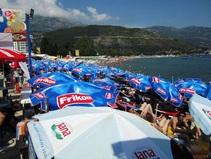
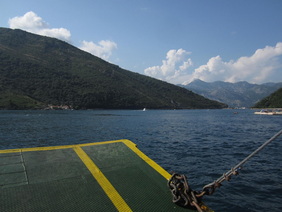
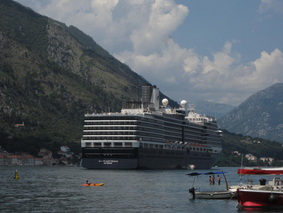
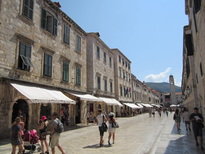
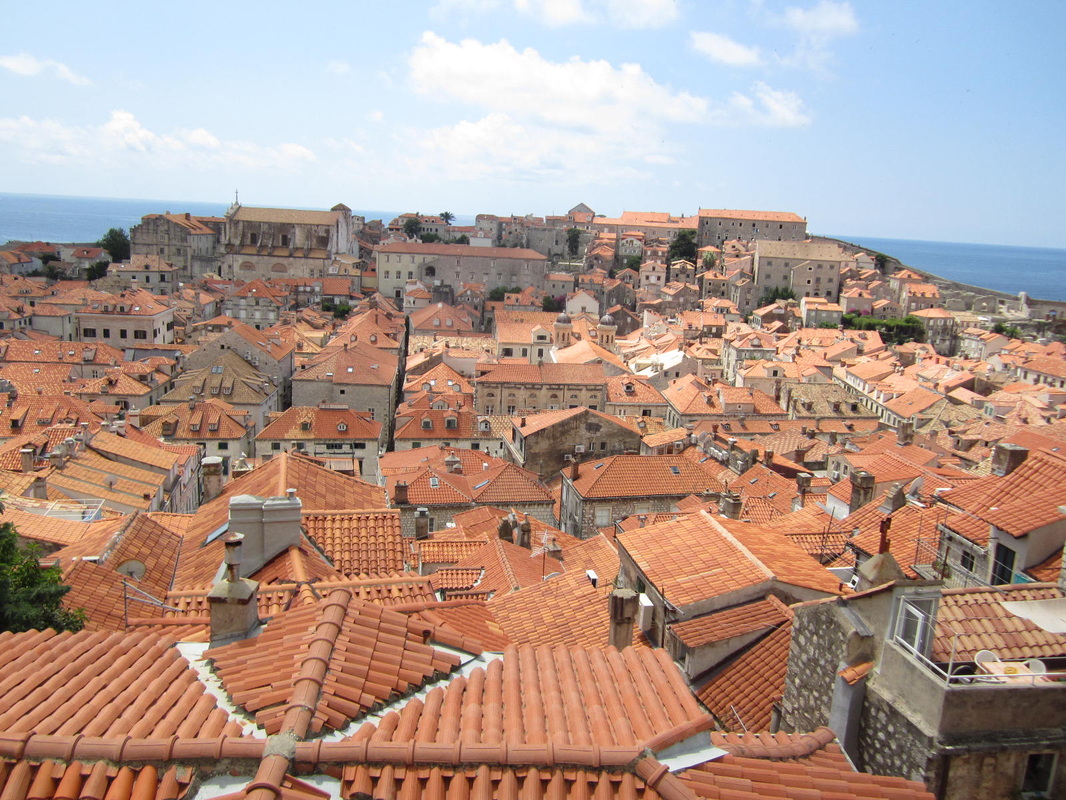
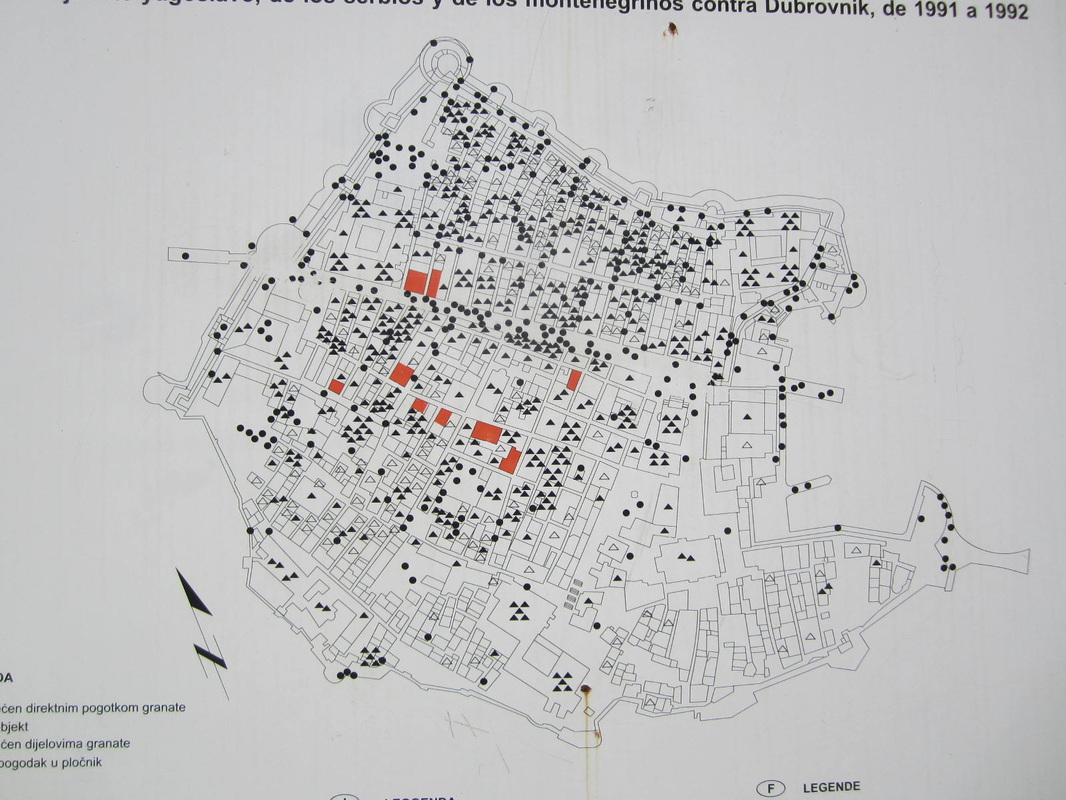
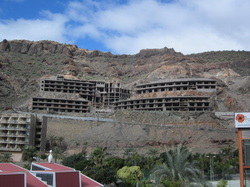
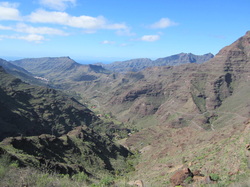
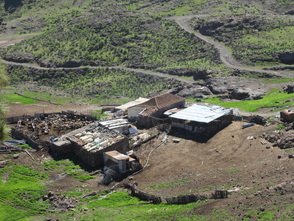
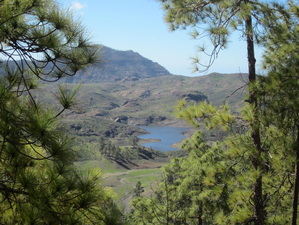
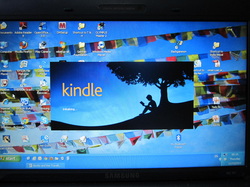
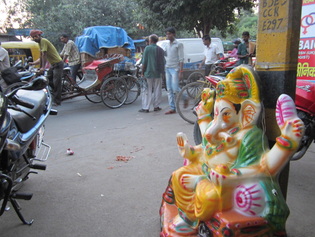
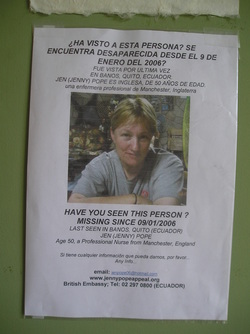
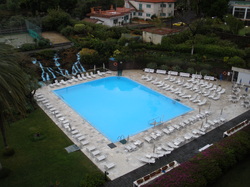
 RSS Feed
RSS Feed
